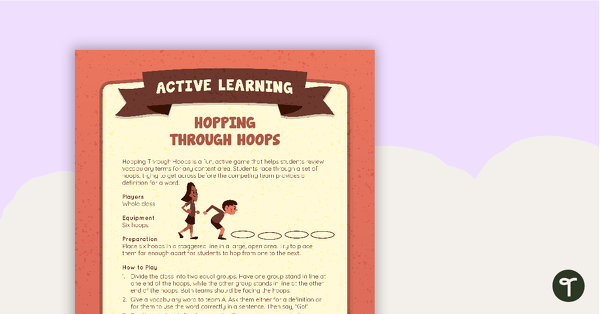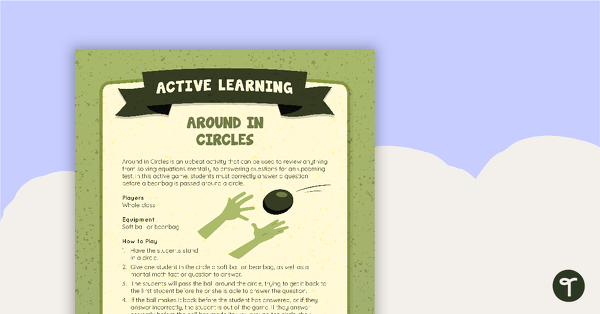Australian Curriculum V8
ACELA1526
Understand how to use knowledge of known words, word origins including some Latin and Greek roots, base words, prefixes, suffixes, letter patterns and spelling generalisations to spell new words including technical words
Elaborations
- using a dictionary to explore and use knowledge of word origins, including some Greek roots, to spell words. For example, the Greek roots: 'ath' meaning 'contest' or 'outstanding skill', 'pent' meaning the number five, and 'dec' meaning the number ten, inform the spelling and meaning of the words 'athlete', 'decathlon' and 'pentathlon' (Skills: Literacy)
- applying accumulated knowledge of a wide range of letter patterns and spelling generalisations to spell new words, for example 'vacuum', 'yacht', 'ratio' and 'synthesis' (Skills: Literacy)
- expanding knowledge of prefixes and suffixes and exploring meaning relationships between words for example 'disappearance', 'submarine', 'subterranean', 'poisonous' and 'nervous' (Skills: Literacy)
- applying accumulated knowledge of a wide range of letter patterns and spelling generalisations to spell new words, for example knowing how and why these words are spelt as follows: 'reliability', 'handkerchief' 'receive', 'lollies', 'trolleys', 'climbing', 'designed' and 'emergency' (Skills: Literacy)
- spelling technical words by applying morphemic knowledge, for example 'metaphorical', 'biology' and 'biodegradable' (Skills: Literacy)
- learning about words from other languages, for example 'umbrella' comes from the Italian word ombrello, and the word for 'yabby' is derived from the Aboriginal word 'yabij' (Skills: Literacy)
Show more
2 of 66
teaching resources for those 'aha' moments

